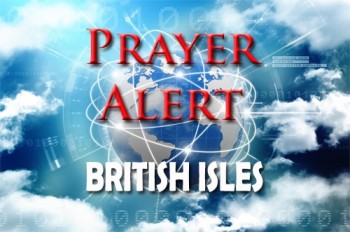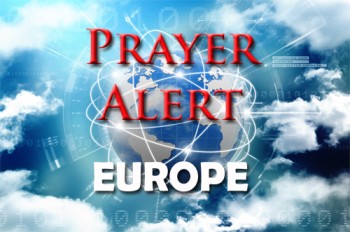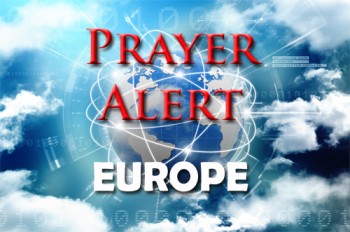Discarded cigarette causes nature reserve blaze
The fire that broke out at Lions Hill in Dorset on 26 April has devastated an area of nature reserve. The 42-hectare heath is a Site of Special Scientific Interest, a wetlands area considered to be of international importance. Fire crews said the blaze was sparked by a discarded cigarette. Later that day the Fire Service tweeted, ‘Sadly, our crews have attended another heath fire this evening. This fire was also started by a discarded cigarette: please dispose of these responsibly.’ Dorset firefighters have dealt with a spate of heath fires, including one started deliberately at Canford Heath. The service said, ‘These avoidable fires tie up so many of our resources which could impact a response to other emergencies.’
Hungary puts own interests first
As countries around the world take sides in Russia's war against Ukraine, Hungary is the only country in the region refusing to help Ukraine fight Russia. That means no military aid or weapons shipments across its borders despite personal pleas from President Zelenskyy. Hungary said, ‘This is not our war, so we want to and will stay out of it.’ Viktor Orban, Hungary’s president, is widely seen as Putin's European ally. He has sought neutrality in the war despite Hungary’s membership of NATO and the EU. He is threading a middle road between friendliness with Russia and belonging to these organisations because Russia supplies 90% of Hungary's raw energy needs. So he has blocked the EU from imposing sanctions on Russian energy imports - Europe's weapon to put pressure on Putin. ‘Cheap Russian oil is more important for Hungarian politicians than Ukrainian blood’, said the Czech Republic's defence minister.
'Unimaginable conditions' in Mariupol
Olena and Oleksandr tried to escape Mariupol, but ended up in a Russian refugee hub (more like a concentration camp) where they were interrogated. ‘You can't imagine how horrible the conditions were there. Elderly people slept in corridors without mattresses or blankets. There was only one toilet and one sink for thousands of people. Dysentery soon began to spread. There was no way to wash or clean. It smelt extremely awful. Soap and disinfectant ran out on the second day we were there. Soon toilet paper and sanitary pads ran out. We were fingerprinted, photographed, interrogated for hours, and had phone call history and contact numbers on devices checked for links with journalists or government and military officials.’ They said If someone appeared to be a 'Ukrainian Nazi', they were sent to Donetsk for further ‘interrogation’ (torture). When authorities tried to deport them to Russia, they risked escaping with private drivers to Ukraine.
Kenya: another tragedy - armyworms
Kenya is in a world of hurt. Joy Mueller of Kenya Hope says, ‘They look at having no food to feed their families and no money to pay school fees or buy the things they need. For the third year in a row, these poor people are just devastated. First, the pandemic locked everything down, so rural Kenyans couldn’t buy supplies or sell their livestock at the market. Then right on the heels of the pandemic, they got hit with a severe drought. All the water sources dried up; pastureland was gone and animals were dying. For the people here, their animals are their bank accounts. 2022 seemed to be the start of something better when they got some beautiful rain in February. Hope sprang again, but then they were hit by African armyworms. They’re called armyworms because they march across the field eating every green thing in their path.’











